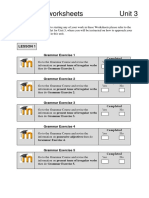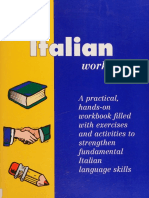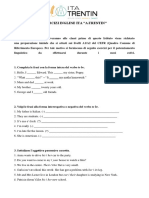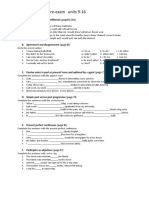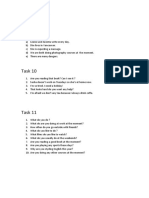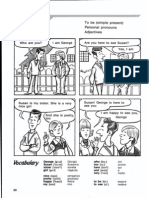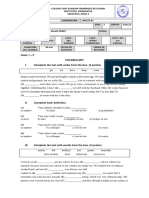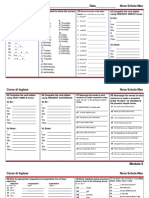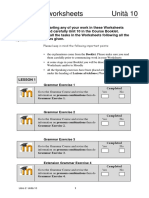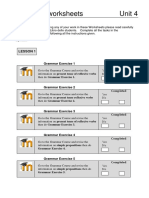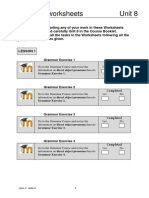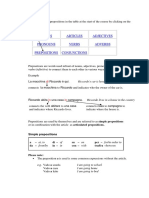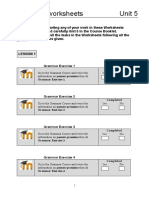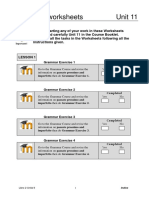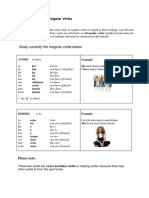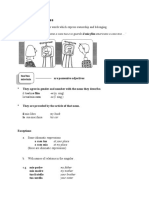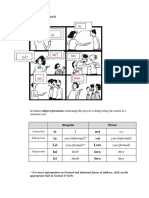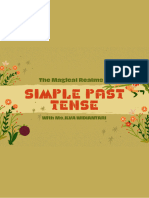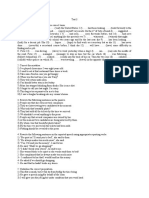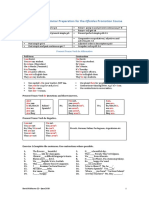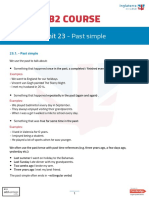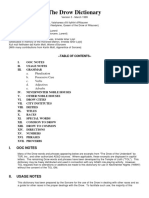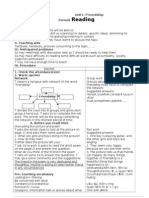0% found this document useful (0 votes)
59 views14 pagesExercise Worksheets Unità 2: Lesson 1
The document provides exercises for Italian language learners. It instructs students to review grammar lessons before completing exercises that practice noun-adjective agreement, present tense verbs, formal and informal verb forms, listening comprehension, speaking practice, and filling in missing words from a dialogue. The exercises are meant to help students prepare for an upcoming phone lesson on talking about themselves.
Uploaded by
bobCopyright
© © All Rights Reserved
We take content rights seriously. If you suspect this is your content, claim it here.
Available Formats
Download as PDF, TXT or read online on Scribd
0% found this document useful (0 votes)
59 views14 pagesExercise Worksheets Unità 2: Lesson 1
The document provides exercises for Italian language learners. It instructs students to review grammar lessons before completing exercises that practice noun-adjective agreement, present tense verbs, formal and informal verb forms, listening comprehension, speaking practice, and filling in missing words from a dialogue. The exercises are meant to help students prepare for an upcoming phone lesson on talking about themselves.
Uploaded by
bobCopyright
© © All Rights Reserved
We take content rights seriously. If you suspect this is your content, claim it here.
Available Formats
Download as PDF, TXT or read online on Scribd
/ 14
